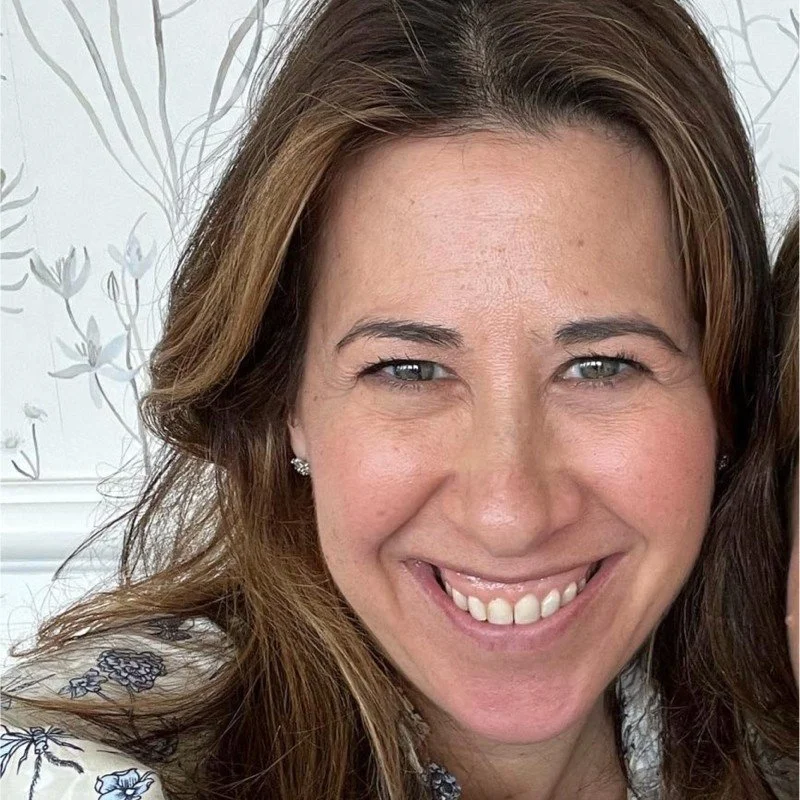In this Talent Tales episode, talent.imperative Founder Nicole Dessain had the honor to interview Jessica Haaz, an attorney who works at a New York State agency.
Jessica is an investigative attorney and former prosecutor who has spent most of her career in the public sector within New York City and State.
Jessica’s superpower is relationship building. She thinks she has honed this superpower because she is curious and likes to learn about people and because she is authentic which makes others feel comfortable talking to her.
A little over a year ago, Jessica launched a personal project called “100 Interesting Conversations”. The initial inspiration came from a conversation with one of her professors years ago who highlighted that sometimes you just need to have conversations with people to learn about their jobs and that by asking them insightful questions you might figure out career options for yourself.
Fast forward to the beginning of 2022, Jessica realized that due to the pandemic her world had gotten smaller and that she really missed those serendipitous relationships and conversations that happen when you are just going through the world as supposed to being stuck in your home. On her birthday that year, she announced on social media that she was going to have 100 interesting conversations over the course of the next year, and she encouraged her connections to sign up to have these conversations with her.
She defined an “interesting” conversation as one where she would learn something and that there was some sort of connection formed. So far, Jessica has conducted 37 conversations and has dropped her initial requirement of having to complete 100 in a year because she felt that she would sacrifice quality over quantity. Initially, Jessica did not have a structure for her conversations because she didn’t want it to feel like people were being interviewed by a lawyer but more like a free-flowing conversation. But after a while, she felt she wanted to have a more structured way to capture insights and so she crafted a few questions that she started to ask everybody at the end of the conversation.
Overall, Jessica feels as though these conversations have been nourishing and have expanded her worldview beyond anything she might have imagined going into this experiment. She also thinks this experience has changed the way she approaches conversations at work in that she has become more curious about the other person and has adjusted the way she approaches her investigative interviews.
The parallel to story-based interviewing as part of the design thinking process is striking. We try to immerse ourselves in empathy, listen actively, and follow the story wherever it might lead. How might we incorporate learnings from this experiment to the way we approach conversations in general, and in a human-centered design context in particular?
Want to learn more about what questions Jessica asks during her “100 Interesting Conversations” project? Watch the entire interview on YouTube or listen to the Podcast.


